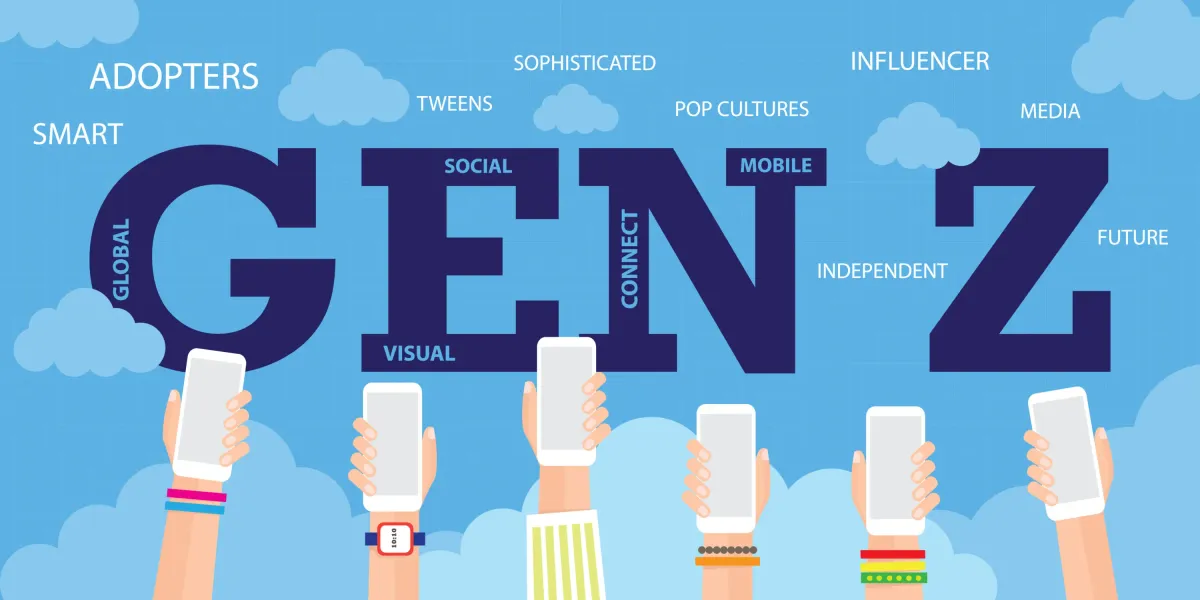Marketers say they want relevance. So why aren’t they using context?
Contextual targeting is future-ready, but most marketers are stuck in the past. Here’s what needs to change.

Marketers want relevance. So why are they ignoring context?
The latest study from GumGum and Adweek reveals a striking contradiction at the heart of today’s digital marketing strategies: while 82% of marketers agree that being contextually relevant is crucial for campaign success, the majority still rely on traditional targeting tactics like demographics and behavioral data.
This article explores findings from GumGum’s 2025 report, The Contextual Comeback, and what it means for marketers navigating privacy shifts, cookie deprecation, and shrinking attention spans. The big takeaway? Contextual targeting is understood—but vastly underused.
Short on time?
Here’s a table of contents for quick access:
- What the report says about marketer mindsets
- Why context still takes a back seat
- What marketers should know now

What the report says about marketer mindsets
GumGum and Adweek surveyed over 100 brand and agency marketers to understand their approach to audience development and targeting.
The good news: nearly all respondents say relevance is a top priority.
The not-so-good? Most marketers still over-index on demographic and behavioral data.
- 59% emphasize demographic/behavioral targeting over moment-based context
- Only 22% prioritize targeting based on current content consumption
- Just 35% say they’re "very likely" to use contextual targeting in their next campaign
This reveals a clear gap between intent and execution: marketers want to be relevant in the moment but often default to what they know—even if it’s less effective.
Why context still takes a back seat
Despite 59% of respondents currently using contextual targeting, it ranks behind demographic (83%), interest-based (75%), and behavioral (73%) data in terms of preference. Agencies are more likely to lean into context than in-house teams, but even then, contextuality isn’t seen as a primary strategy.
So what’s the holdup?
- Perceived complexity: Contextual targeting is often seen as harder to implement
- Platform limitations: Not all channels offer robust contextual tools
- Data inertia: Teams are comfortable with behavioral playbooks and hesitant to shift
Yet, the report suggests that these barriers are more mindset than reality.
As one respondent put it: "The very best marketing comes from observing consumer behavior and inserting your message into their behavior."
What marketers should know now
Contextual targeting isn’t just a privacy workaround—it’s a powerful tool for unlocking white space and finding audiences outside predictable persona profiles. Here's how to make it work:
- Use context to scale reach ethically: Especially as third-party data becomes less reliable, context offers a compliant way to stay relevant without crossing privacy lines.
- Blend, don’t replace: The study shows that marketers benefit most when combining context with other methods. Context isn’t an either/or—it’s an enhancement.
- Start small but smart: Pilot contextual segments in content-aligned environments like video, CTV, or native. Track metrics like cost per lead, store visit, or time on site.
- Educate stakeholders: In-house teams often lag due to data silos or conservative strategies. Use agency learnings or third-party case studies to build internal buy-in.
As privacy regulations tighten and third-party data continues to erode, marketers will need targeting methods that are both effective and future-proof.
GumGum’s study makes a strong case: contextual targeting isn't just viable—it's essential.
Smart marketers won't wait for platforms to force their hand. They’ll proactively layer context into their targeting mix, using it not just as a compliance fallback but as a path to real-time relevance.




